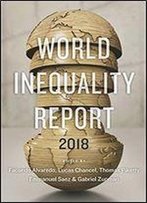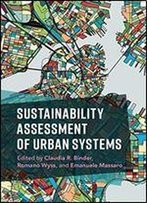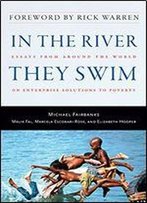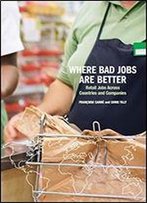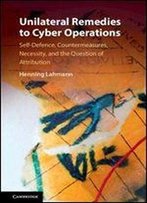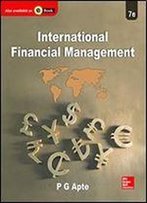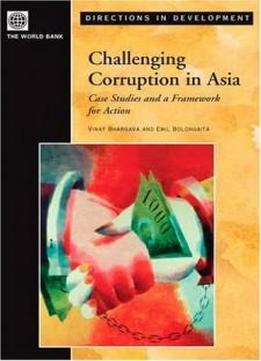
Challenging Corruption In Asia: Case Studies And A Framework For Action (directions In Development)
by Vinay K. Bhargava /
2003 / English / PDF
2.6 MB Download
Combating corruption is now high on the policy agenda across Asia.
However, many policymakers are handicapped by the lack of useful
analytical tools. Existing models have proved inadequate in
assessing the relevance and effectiveness of anti-corruption
initiatives. Why do some policies and programs work in some
countries, and fail in others? What accounts for their success or
failure? How can policymakers develop and deliver anti-corruption
strategies that work? Challenging Corruption in Asia provides an
analytical framework to explore and attempt to answer these
questions. Drawing on recent research, the framework outlines a
six-step approach to developing effective anti-corruption
strategies tailored specifically to a country's pattern of
corruption and conditions of governance. Case studies focus on
Indonesia, the Philippines, Thailand, and South Korea and
illustrate the impact of different patterns of corruption and
governance on anti-corruption effectiveness. A powerful tool for
understanding the dynamics of corruption and its impact on
developing economies, this title will be of interest to public
policy practitioners and scholars, the media, and the broader
community of development practitioners.
Combating corruption is now high on the policy agenda across Asia.
However, many policymakers are handicapped by the lack of useful
analytical tools. Existing models have proved inadequate in
assessing the relevance and effectiveness of anti-corruption
initiatives. Why do some policies and programs work in some
countries, and fail in others? What accounts for their success or
failure? How can policymakers develop and deliver anti-corruption
strategies that work? Challenging Corruption in Asia provides an
analytical framework to explore and attempt to answer these
questions. Drawing on recent research, the framework outlines a
six-step approach to developing effective anti-corruption
strategies tailored specifically to a country's pattern of
corruption and conditions of governance. Case studies focus on
Indonesia, the Philippines, Thailand, and South Korea and
illustrate the impact of different patterns of corruption and
governance on anti-corruption effectiveness. A powerful tool for
understanding the dynamics of corruption and its impact on
developing economies, this title will be of interest to public
policy practitioners and scholars, the media, and the broader
community of development practitioners.

